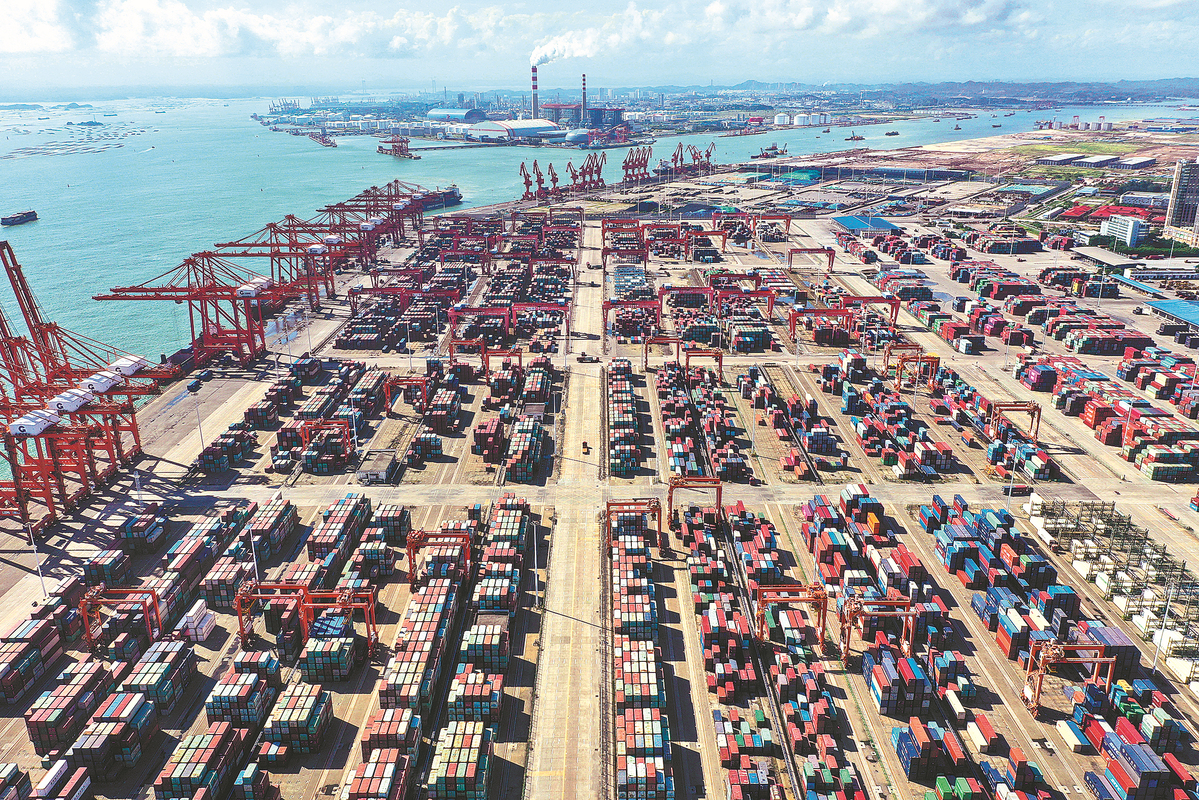Chinese officials and experts have announced plans to ramp up efforts to stabilize foreign trade and improve trade structures to support the growth of foreign trade enterprises, according to a news conference held by Commerce Minister Wang Wentao on Thursday. The move comes as China faces severe challenges from soft global demand, rising protectionism, and geopolitical conflicts, making such actions essential. Experts have stated that it is crucial for China to stabilize exports and imports in labor-intensive industries and those of foreign enterprises to counter multiple negative factors affecting foreign trade. They suggest facilitating the growth of trade in services and digital trade, as well as tapping into the trade potential associated with the Regional Comprehensive Economic Partnership agreement, which took effect last year.
Wang also said that the country will reinforce the growth of general trade, further encourage the transfer of processing trade to inland regions from coastal areas, and support the development of new trade models like cross-border e-commerce and overseas warehouses to cultivate new growth momentum. Furthermore, the experts predict that China’s economic rebound will likely boost imports and provide a stronger foundation for export expansion this year, while the country is expected to add resilience to trade with traditional trading partners to enhance industrial and supply chain connections and expand trade networks. Although many Chinese ports will face pressure from slowing external demand from Europe and North America, shipping activity between China and members of the Association of Southeast Asian Nations is expected to continue to grow this year. Despite weak container throughput at ports in China and abroad, Chinese ports are not alone in suffering from container pileups, according to a researcher at the China Federation of Logistics and Purchasing in Beijing.
